
The Heartbeat of San Miguel de Tucumán: Centro
San Miguel de Tucumán Centro is the vibrant core of this historic city, offering a rich tapestry of culture, history, and modern urban life. As the central hub, it is where the past and present seamlessly blend together, making it an essential stop for any visitor eager to experience the soul of Tucumán. The neighborhood is home to a plethora of historical landmarks, including the famous Casa de Tucumán, where Argentina's independence was declared in 1816. Walking through its streets, you will encounter a variety of colonial buildings, museums, and plazas that tell the story of a city that played a pivotal role in the nation's history. Centro is not just about history; it is also the city’s commercial and social heart. The bustling streets are lined with shops, cafes, and restaurants where you can savor local delicacies like empanadas tucumanas. The Mercado del Norte is a must-visit for those who want to experience local culture and cuisine in a lively market setting. The neighborhood is also a cultural hotspot, with theaters, galleries, and cultural centers offering a glimpse into the artistic life of Tucumán. For those who enjoy the outdoors, Centro offers several green spaces like Plaza Independencia, the city's main square, where locals gather to relax and socialize. The square is surrounded by important buildings such as the Government House and the Cathedral of San Miguel de Tucumán, making it a perfect starting point for your exploration. Whether you are a history buff, a food lover, or someone who enjoys vibrant urban life, San Miguel de Tucumán Centro has something to offer for everyone.
Local tips in San Miguel de Tucumán Centro
- Visit the Casa de Tucumán early in the morning to avoid crowds and enjoy a more intimate experience.
- Try the local empanadas at a traditional cafe; they are a regional specialty you won't want to miss.
- Bring comfortable walking shoes as many of the attractions are best explored on foot.
- Check out the Mercado del Norte for authentic local products and a true taste of Tucumán’s culture.
- Take a moment to relax at Plaza Independencia, especially in the late afternoon when it comes alive with locals.
The Heartbeat of San Miguel de Tucumán: Centro
San Miguel de Tucumán Centro is the vibrant core of this historic city, offering a rich tapestry of culture, history, and modern urban life. As the central hub, it is where the past and present seamlessly blend together, making it an essential stop for any visitor eager to experience the soul of Tucumán. The neighborhood is home to a plethora of historical landmarks, including the famous Casa de Tucumán, where Argentina's independence was declared in 1816. Walking through its streets, you will encounter a variety of colonial buildings, museums, and plazas that tell the story of a city that played a pivotal role in the nation's history. Centro is not just about history; it is also the city’s commercial and social heart. The bustling streets are lined with shops, cafes, and restaurants where you can savor local delicacies like empanadas tucumanas. The Mercado del Norte is a must-visit for those who want to experience local culture and cuisine in a lively market setting. The neighborhood is also a cultural hotspot, with theaters, galleries, and cultural centers offering a glimpse into the artistic life of Tucumán. For those who enjoy the outdoors, Centro offers several green spaces like Plaza Independencia, the city's main square, where locals gather to relax and socialize. The square is surrounded by important buildings such as the Government House and the Cathedral of San Miguel de Tucumán, making it a perfect starting point for your exploration. Whether you are a history buff, a food lover, or someone who enjoys vibrant urban life, San Miguel de Tucumán Centro has something to offer for everyone.
Iconic landmarks you can’t miss
Casa Histórica - Museo Nacional de la Independencia
Experience Argentina's history firsthand at the Casa Histórica de la Independencia, where the nation's destiny was forged in 1816.
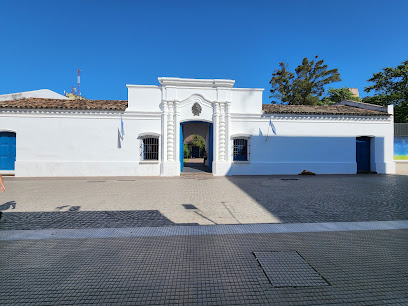
Independencia Square
Experience the vibrant heart of Tucumán at Independencia Square, a historical landmark offering culture, relaxation, and a taste of local life.
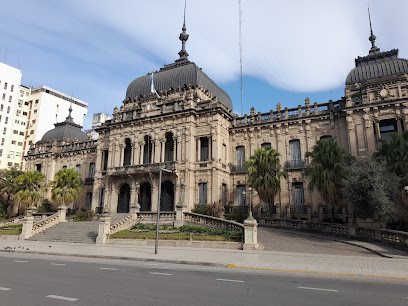
Parque 9 de Julio
Discover Parque 9 de Julio, San Miguel de Tucumán's vibrant urban oasis with lush landscapes, historical landmarks, and recreational activities.
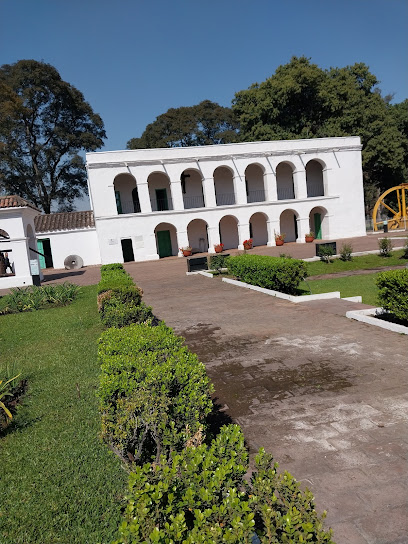
Catedral de Nuestra Señora de la Encarnación
Discover the architectural beauty and spiritual significance of San Miguel de Tucumán's iconic cathedral, a historical and religious landmark.
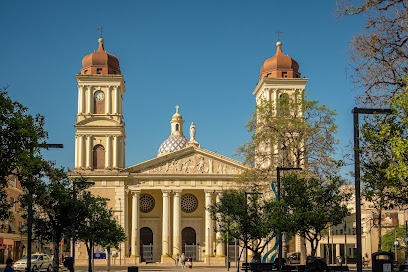
Goverment house
Discover Tucumán's political heart: a stunning blend of French and Italian architecture, rich history, and artistic grandeur in a public building.
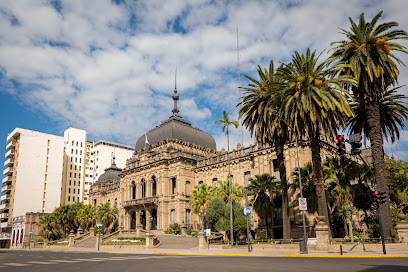
Monumento al Bicentenario
Commemorating 200 years of Argentine independence with modern design and cultural significance in San Miguel de Tucumán.
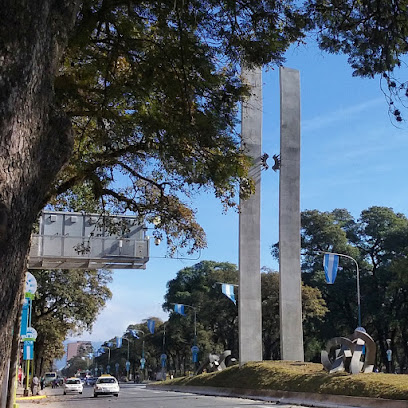
casa de Tucumán
Discover Argentina's independence history at Casa de Tucumán, a beautifully reconstructed colonial landmark in San Miguel de Tucumán.
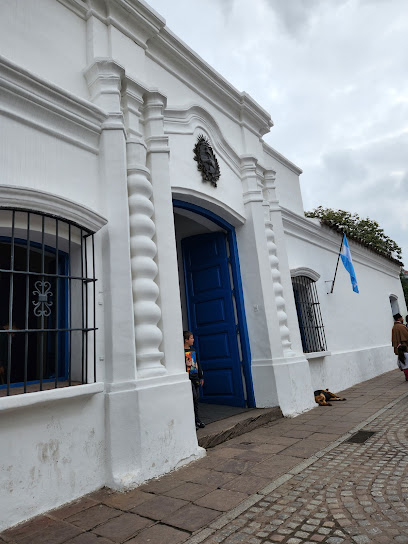
Museo Casa Padilla
Explore art, history, and culture in a beautifully preserved Italianate house museum in San Miguel de Tucumán.
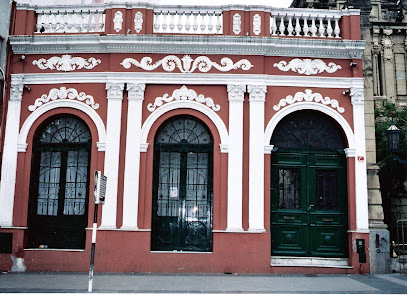
Museo Histórico Nacional Nicolás Avellaneda
Discover Tucumán's rich history and cultural heritage at this captivating museum housed in a historic neoclassical residence.
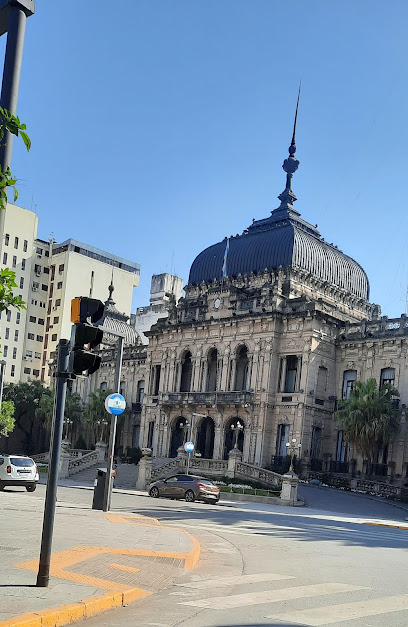
Plaza Temática
Discover Tucumán's vibrant history at Plaza Temática, an open-air museum blending education and recreation in the heart of the city.
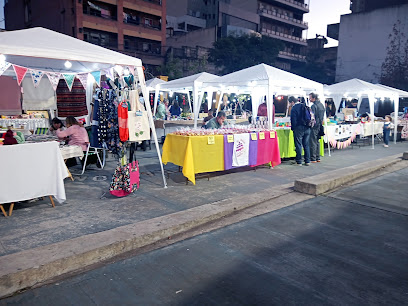
Unmissable attractions to see
Catedral de Nuestra Señora de la Encarnación
Discover the architectural beauty and rich history of Catedral de Nuestra Señora de la Encarnación in San Miguel de Tucumán, a must-see for every traveler.
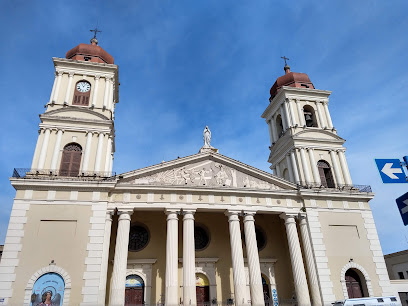
Miguel Lillo Museum of Natural Sciences
Uncover the beauty of Argentina's biodiversity at the Miguel Lillo Museum of Natural Sciences, a must-visit for nature enthusiasts in Tucumán.
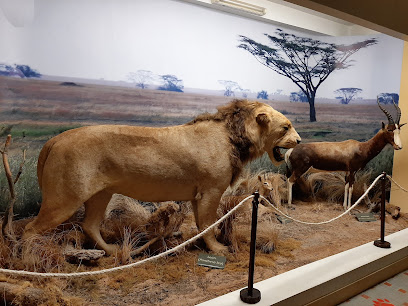
Goverment house
Explore the historic Government House of Tucumán, a stunning blend of architecture, culture, and political history in the heart of San Miguel de Tucumán.
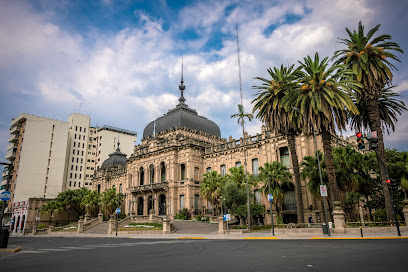
Museo Casa Padilla
Explore art and history in a beautifully preserved Italianate mansion in the heart of San Miguel de Tucumán.
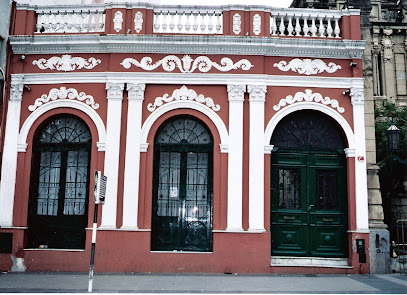
Museo Iramaín
Delve into the artistic heritage of Tucumán at Museo Iramaín, where local culture and creativity come alive through captivating exhibits.
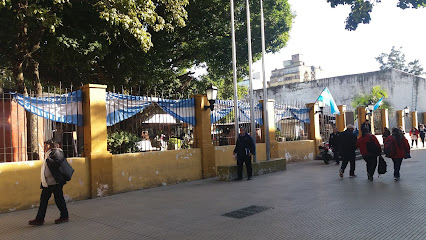
Plaza Temática
Explore Tucumán's past at Plaza Temática: an open-air museum in San Miguel de Tucumán, offering a walk through the city's vibrant history.
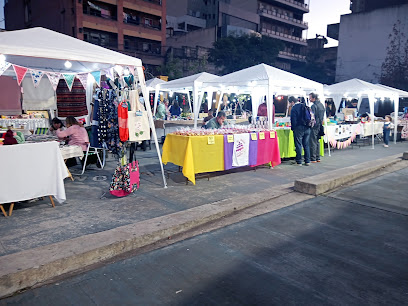
Essential places to dine
Il Postino
Experience the authentic flavors of Argentina at Il Postino in San Miguel de Tucumán, where every meal is a celebration of local cuisine.
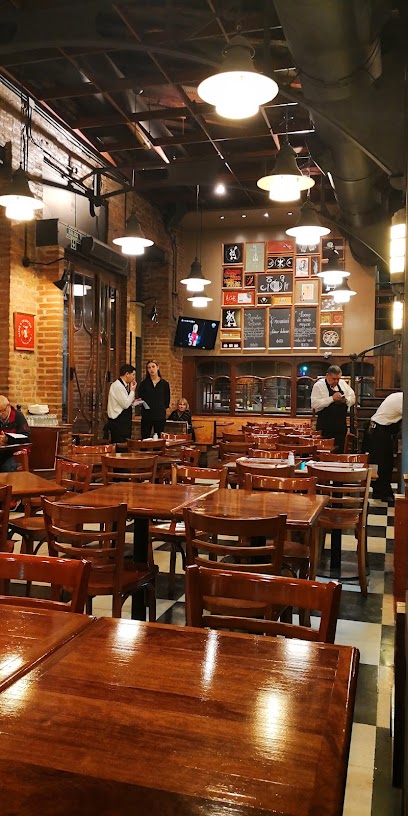
El Molino
Discover El Molino: A delightful grill and breakfast restaurant offering authentic Argentine flavors in San Miguel de Tucumán.
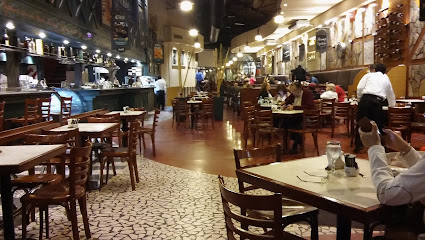
La Leñita Restaurante
Discover authentic Argentine flavors at La Leñita Restaurante in San Miguel de Tucumán - where tradition meets taste.
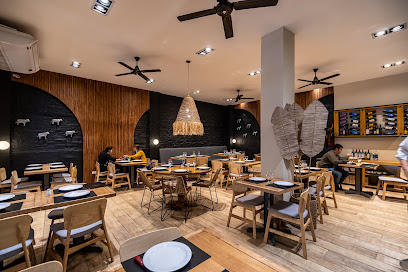
Mondo
Discover Mondo in San Miguel de Tucumán: where vibrant flavors meet cozy ambiance for an unforgettable dining experience.
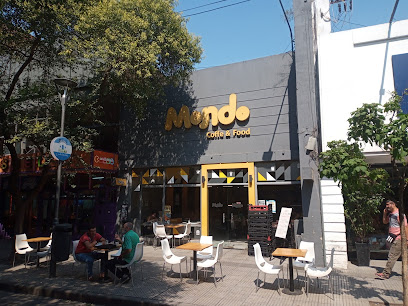
Truman Restó
Discover authentic Argentine flavors at Truman Restó in San Miguel de Tucumán—where every meal tells a story.
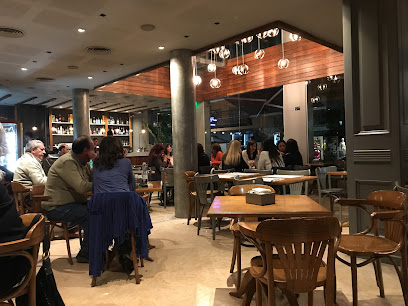
Mi Nueva Estancia
Discover Mi Nueva Estancia in San Miguel de Tucumán for an unforgettable taste of authentic Argentinian cuisine amidst warm hospitality.
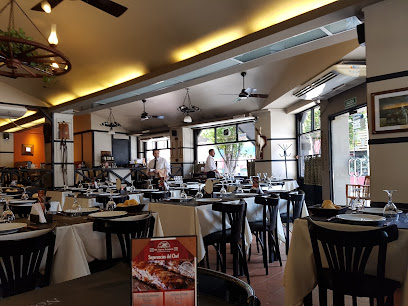
Beckett's Tucumán
Experience the vibrant flavors and sounds at Beckett's Tucumán - where dining meets culture in San Miguel de Tucumán.
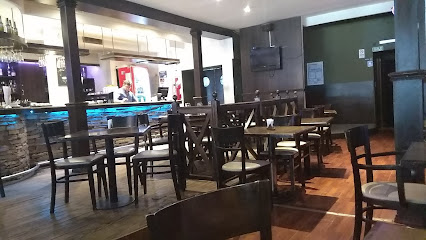
El Sultan
Discover authentic Middle Eastern flavors at El Sultan in San Miguel de Tucumán - where every bite is a cultural journey.
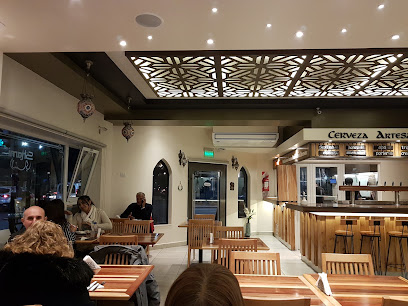
El Bodegón
Discover the flavors of Argentina at El Bodegón, where expertly grilled meats meet warm hospitality in San Miguel de Tucumán.
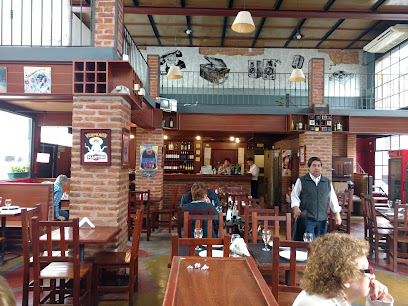
Bona Restó
Discover Bona Restó in San Miguel de Tucumán - where grilled delights meet exquisite coffee in a vibrant atmosphere.
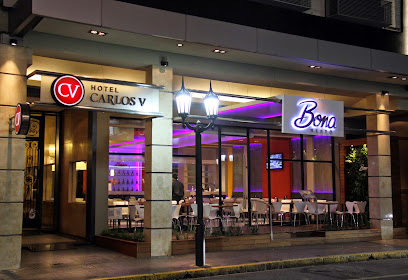
El Portal
Experience authentic Argentine cuisine at El Portal in Tucumán – where every dish tells a story.
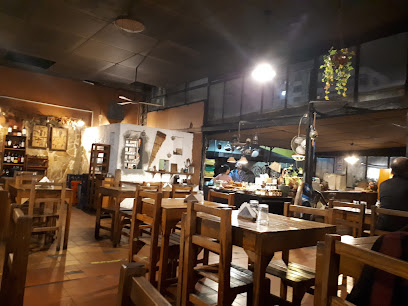
Harris, British Resto
Experience authentic Argentine cuisine at Harris, British Resto - where every meal is a celebration of flavor and tradition.
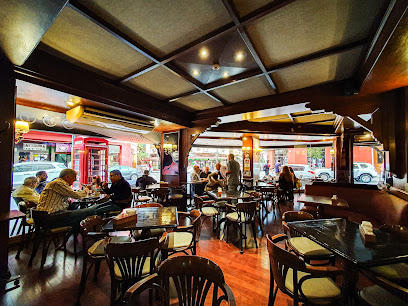
Los Naranjos Resto Bar
Experience the vibrant flavors of Argentina at Los Naranjos Resto Bar in San Miguel de Tucumán – where every meal is a celebration.
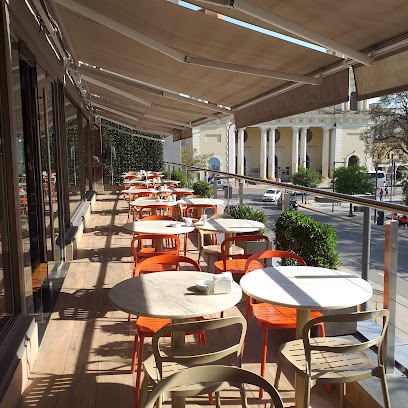
Tentate Restaurant
Experience authentic Argentinian flavors at Tentate Restaurant in San Miguel de Tucumán - a must-visit culinary destination for all food lovers.
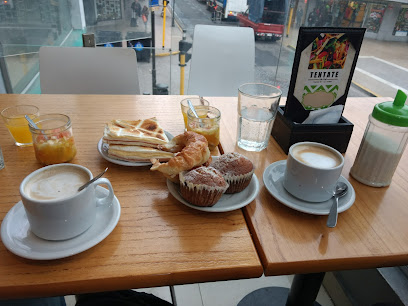
Narciso Resto Bar
Discover authentic Argentine cuisine at Narciso Resto Bar in San Miguel de Tucumán – where flavor meets tradition.
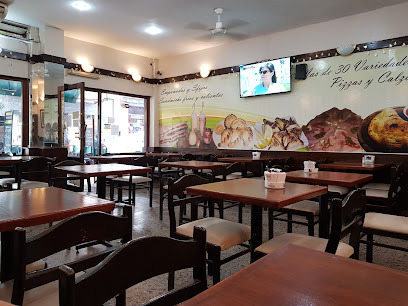
Markets, malls and hidden boutiques
San Juan Department Stores
Experience the vibrant shopping scene at San Juan Department Stores, where fashion meets local culture in San Miguel de Tucumán.
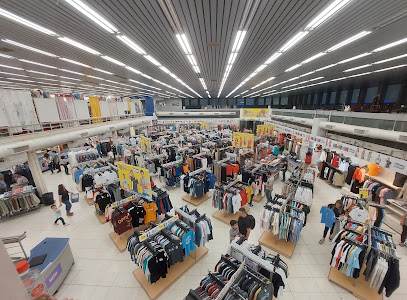
Paseo Baires
Explore Paseo Baires, a vibrant shopping mall in San Miguel de Tucumán with a mix of local shops, unique novelty stores, and delightful dining options.
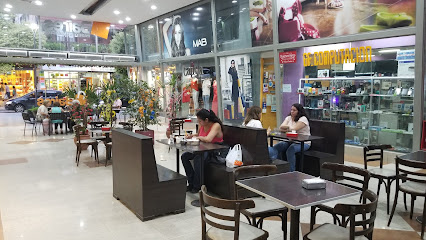
La Rockeria
Explore the vibrant fashion scene at La Rockeria, offering trendy clothing and unique accessories in San Miguel de Tucumán.
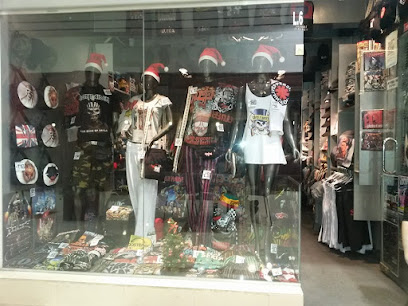
La Vaca En Bikini
Discover unique gifts and local craftsmanship at La Vaca En Bikini, the perfect destination for souvenirs in San Miguel de Tucumán.
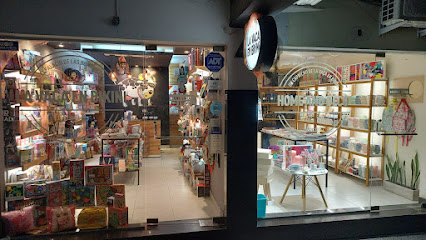
HARAJUKU SHOP
Explore Harajuku Shop in San Miguel de Tucumán for unique collectibles and trendy youth fashion that embodies local culture and creativity.
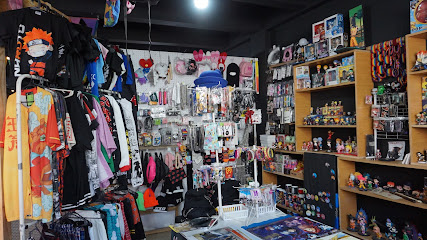
AyF Regalos
Explore the charm of Argentine craftsmanship at AyF Regalos, your go-to gift shop for unique handicrafts and cutlery in San Miguel de Tucumán.
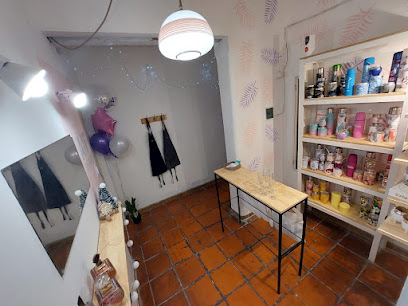
Gifty tuc. Tienda de Regalos
Discover the charm of Tucumán at Gifty Tuc, where unique gifts and local treasures await every visitor.
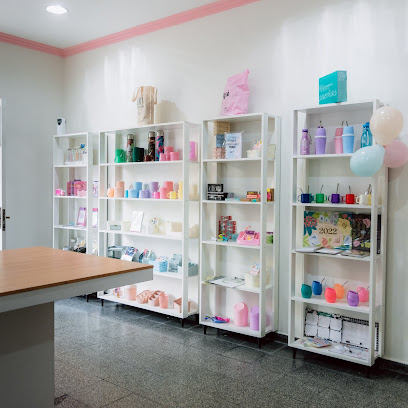
Bequia Shop
Explore Bequia Shop in San Miguel de Tucumán for unique gifts and local artisan treasures that reflect the heart of Argentine culture.
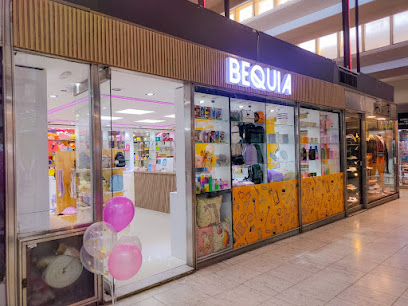
KÚ Paseo de Compras
Explore KÚ Paseo de Compras in San Miguel de Tucumán - a vibrant shopping mall with diverse stores, delicious dining, and family-friendly entertainment.
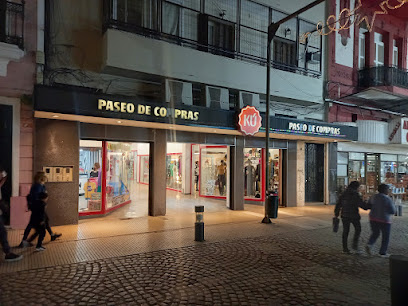
Pato Store
Discover unique gifts and authentic Argentine crafts at Pato Store, a charming gift shop in San Miguel de Tucumán.
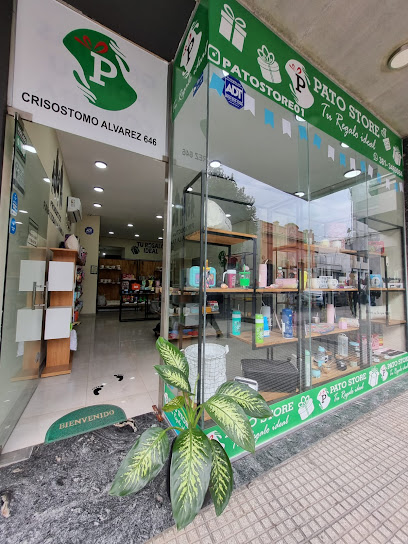
Essential bars & hidden hideouts
Eventos
Discover the vibrant nightlife at Eventos, a lively pub in San Miguel de Tucumán, offering delicious drinks and a taste of local culture.
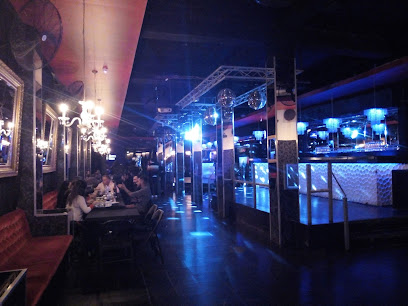
Kobakk Coffee & break
Discover Kobakk Coffee & Break in San Miguel de Tucumán - a delightful gastropub offering exquisite local dishes and artisanal coffee in a cozy atmosphere.
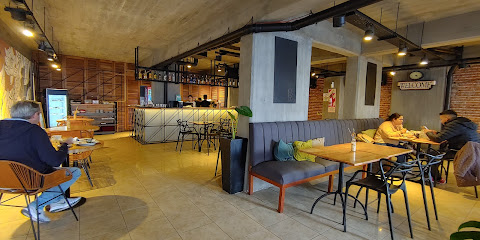
Circus Bar
Experience the vibrant nightlife of San Miguel de Tucumán at Circus Bar, where local culture meets delicious cocktails in a lively atmosphere.
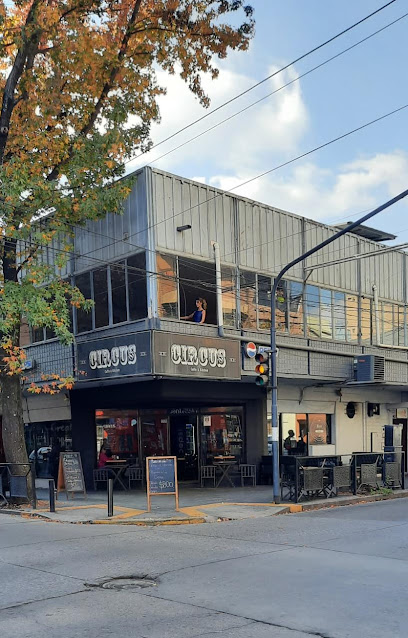
Bar Praga
Experience local flavors and vibrant culture at Bar Praga, a lively bar and café in San Miguel de Tucumán that embodies the spirit of Tucumán.
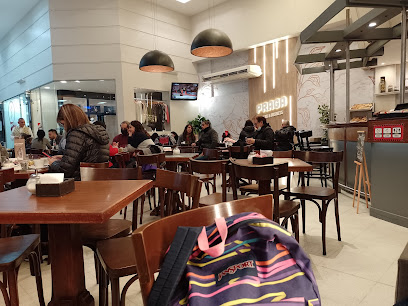
Bar Charly
Discover Bar Charly in San Miguel de Tucumán, where vibrant ambiance meets a diverse drink menu, perfect for unwinding after a day of exploration.
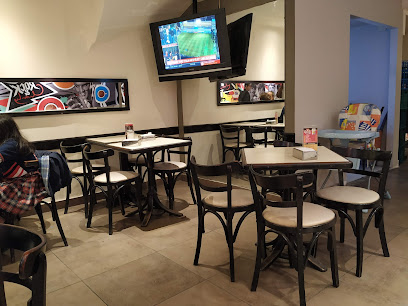
San Miguel de Tucumán
Discover San Miguel de Tucumán: A vibrant Argentine city rich in history, culture, nightlife, and culinary delights.
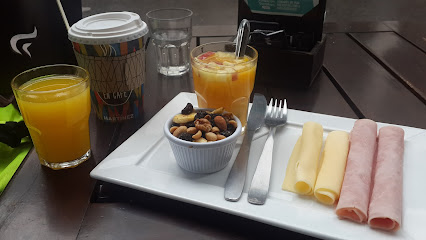
Tree Bar
Discover a vibrant fusion of flavors at Tree Bar, San Miguel de Tucumán’s premier gastropub offering a delightful culinary experience.
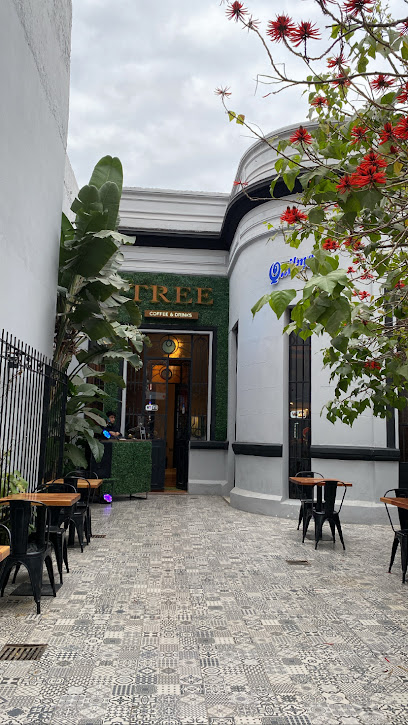
Bar Astoria
Discover the vibrant nightlife and local flavors at Bar Astoria, a cozy bar in the heart of San Miguel de Tucumán, perfect for tourists and locals alike.
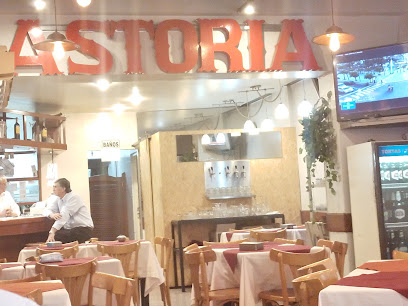
Bar Denver
Experience the vibrant nightlife and local flavors at Bar Denver in San Miguel de Tucumán – a true gem for tourists seeking culture.
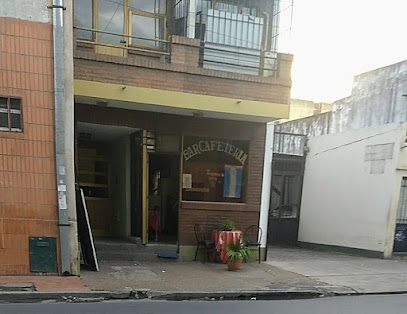
Ihatín Bar
Discover the vibrant atmosphere and local flavors at Ihatín Bar in San Miguel de Tucumán, a perfect blend of tradition and modernity.
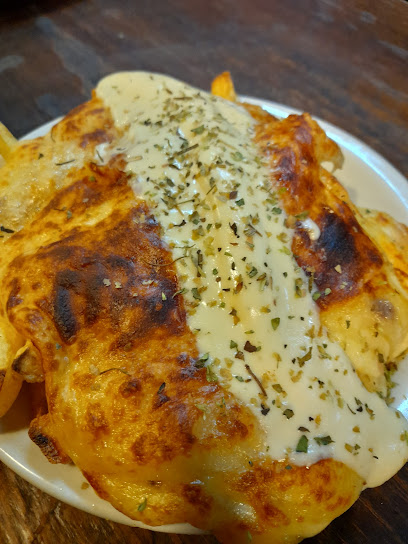
Local Phrases
-
- HelloHola
[oh-lah] - GoodbyeAdiós
[ah-dee-ohs] - YesSí
[see] - NoNo
[noh] - Please/You're welcomePor favor/De nada
[por fah-vohr/deh nah-dah] - Thank youGracias
[grah-see-ahs] - Excuse me/SorryPerdón
[pehr-dohn] - How are you?¿Cómo estás?
[koh-moh ehs-tahs] - Fine. And you?Bien. ¿Y tú?
[byen. ee too] - Do you speak English?¿Hablas inglés?
[ah-blahs een-glehs] - I don't understandNo entiendo
[noh ehn-tyen-doh]
- HelloHola
-
- I'd like to see the menu, pleaseMe gustaría ver la carta, por favor
[meh goos-tah-ree-ah ver lah kahr-tah, por fah-vohr] - I don't eat meatNo como carne
[noh koh-moh kahr-neh] - Cheers!¡Salud!
[sah-lood] - I would like to pay, pleaseMe gustaría pagar, por favor
[meh goos-tah-ree-ah pah-gahr, por fah-vohr]
- I'd like to see the menu, pleaseMe gustaría ver la carta, por favor
-
- Help!¡Ayuda!
[ah-yoo-dah] - Go away!¡Vete!
[veh-teh] - Call the Police!¡Llama a la policía!
[yah-mah ah lah poh-lee-see-ah] - Call a doctor!¡Llama a un médico!
[yah-mah ah oon meh-dee-koh] - I'm lostEstoy perdido
[ehs-toy pehr-dee-doh] - I'm illEstoy enfermo
[ehs-toy ehn-fehr-moh]
- Help!¡Ayuda!
-
- I'd like to buy...Me gustaría comprar...
[meh goos-tah-ree-ah kohm-prahr...] - I'm just lookingSolo estoy mirando
[soh-loh ehs-toy mee-rahn-doh] - How much is it?¿Cuánto cuesta?
[kwahn-toh kwehs-tah] - That's too expensiveEs demasiado caro
[ehs deh-mah-syah-doh kah-roh] - Can you lower the price?¿Puedes bajar el precio?
[pweh-dehs bah-hahr ehl pree-syoh]
- I'd like to buy...Me gustaría comprar...
-
- What time is it?¿Qué hora es?
[keh oh-rah ehs] - It's one o'clockEs la una
[ehs lah oo-nah] - Half past (10)Media (10)
[meh-dee-ah (deez ee-ehs)] - MorningMañana
[mah-nya-nah] - AfternoonTarde
[tahr-deh] - EveningNoche
[noh-cheh] - YesterdayAyer
[ah-yehr] - TodayHoy
[oy] - TomorrowMañana
[mah-nya-nah] - 1Uno
[oo-noh] - 2Dos
[dohs] - 3Tres
[trehs] - 4Cuatro
[kwah-troh] - 5Cinco
[seen-koh] - 6Seis
[sace] - 7Siete
[syeh-teh] - 8Ocho
[oh-choh] - 9Nueve
[nweh-veh] - 10Diez
[dyehs]
- What time is it?¿Qué hora es?
-
- Where's a/the...?¿Dónde está...?
[dohn-deh ehs-tah] - What's the address?¿Cuál es la dirección?
[kwahl ehs lah dee-rehk-syohn] - Can you show me (on the map)?¿Puedes mostrarme (en el mapa)?
[pweh-dehs mohs-trar-meh (ehn ehl mah-pah)] - When's the next (bus)?¿Cuándo pasa el próximo (colectivo)?
[kwan-doh pah-sah ehl proh-ksee-moh (koh-lehk-tee-voh)] - A ticket (to ....)Un boleto (a ....)
[oon boh-leh-toh (ah)]
- Where's a/the...?¿Dónde está...?
History of San Miguel de Tucumán Centro
-
San Miguel de Tucumán Centro was established in the 16th century when Spanish conquistadors arrived in the region. The area was originally inhabited by indigenous peoples, including the Diaguita and Calchaquí tribes. The urban layout was influenced by Spanish colonial architecture, with a central plaza that became a focal point for trade and community life.
-
One of the most significant historical events associated with San Miguel de Tucumán Centro is the signing of Argentina's Declaration of Independence on July 9, 1816. This momentous occasion took place in the historic Casa de Tucumán, which still stands today as a museum. The declaration was a pivotal point in the Argentine War of Independence and highlighted the region's role in the fight for freedom from Spanish rule.
-
San Miguel de Tucumán Centro has long been a cultural melting pot, with influences from Spanish, indigenous, and immigrant communities. This rich cultural tapestry is reflected in the local cuisine, music, and festivals. The neighborhood is known for its traditional folk music, such as folklore and chamamé, and hosts numerous cultural events throughout the year that celebrate its diverse heritage.
-
The late 19th and early 20th centuries saw San Miguel de Tucumán Centro evolve into a commercial hub, driven by the sugarcane industry. The region became known as the 'Sugar Capital of Argentina,' and the economy flourished, leading to urban development and the construction of notable buildings that still line the streets of the centro today.
-
In recent years, San Miguel de Tucumán Centro has embraced modernization while preserving its historical roots. Urban renewal projects have revitalized the area, enhancing its appeal to both locals and tourists. Efforts to promote cultural tourism and heritage conservation continue, ensuring that the history and culture of the neighborhood remain vibrant and accessible.
San Miguel de Tucumán Centro Essentials
-
San Miguel de Tucumán Centro is easily accessible from other neighborhoods and cities. The main bus terminal, Terminal de Ómnibus, is located just outside the city center, offering intercity bus services from major cities like Buenos Aires, Córdoba, and Salta. Local buses connect various neighborhoods within the city. Taxis and ride-sharing services like Uber are also available and convenient options to reach the Centro from nearby areas.
-
San Miguel de Tucumán Centro is best explored on foot, as many attractions are within walking distance. Public transportation includes local buses, which are frequent and affordable. Taxis are also readily available, and ride-sharing apps provide another alternative. Bicycles can be rented from various local shops, allowing for a leisurely exploration of the area.
-
San Miguel de Tucumán Centro is generally safe for tourists, but standard precautions should be taken. Areas to be cautious of include certain parts of the southern neighborhoods, particularly at night. Avoid displaying valuables and remain aware of your surroundings, especially in crowded places. It is recommended to stick to well-lit and populated streets after dark.
-
In case of an emergency, dial 911 for police, fire, or medical assistance. The local hospitals, such as Hospital Padilla and Hospital del Niño, provide medical care. It’s advisable to have travel insurance that covers emergencies. For minor health issues, visit local pharmacies, which are plentiful and often staffed with English-speaking personnel.
-
Fashion: Do dress modestly, especially when visiting religious sites. Don't wear overly casual attire like beachwear in urban settings. Religion: Do respect local customs. It’s customary to greet with a handshake and maintain eye contact. Public Transport: Do be courteous and offer your seat to the elderly. Don't eat or drink on public transport. Greetings: Do greet locals with a friendly 'Hola!' or a handshake. Don't forget to smile, as it’s appreciated. Eating & Drinking: Do try local specialties like empanadas and mate. Don't refuse food offerings as it may be considered impolite.
-
To experience San Miguel de Tucumán Centro like a local, visit the numerous plazas and parks where locals gather, especially Plaza Independencia. Engage with street vendors selling traditional foods and crafts. Attend local events or cultural festivals for an authentic experience. Don’t miss visiting the historical Casa de Tucumán, where Argentina's independence was declared. Lastly, try to learn a few phrases in Spanish, as locals appreciate the effort.
Trending Landmarks in San Miguel de Tucumán Centro
Nearby Cities to San Miguel de Tucumán Centro
-
Things To Do in Salta
-
Things To Do in Córdoba
-
Things To Do in San Pedro de Atacama
-
Things To Do in Tarija
-
Things To Do in San Juan
-
Things To Do in Antofagasta
-
Things To Do in La Serena
-
Things To Do in Coquimbo
-
Things To Do in Uyuni
-
Things To Do in Mendoza
-
Things To Do in Asuncion
-
Things To Do in Aregua
-
Things To Do in Ypacarai
-
Things To Do in Rosario
-
Things To Do in Potosi









